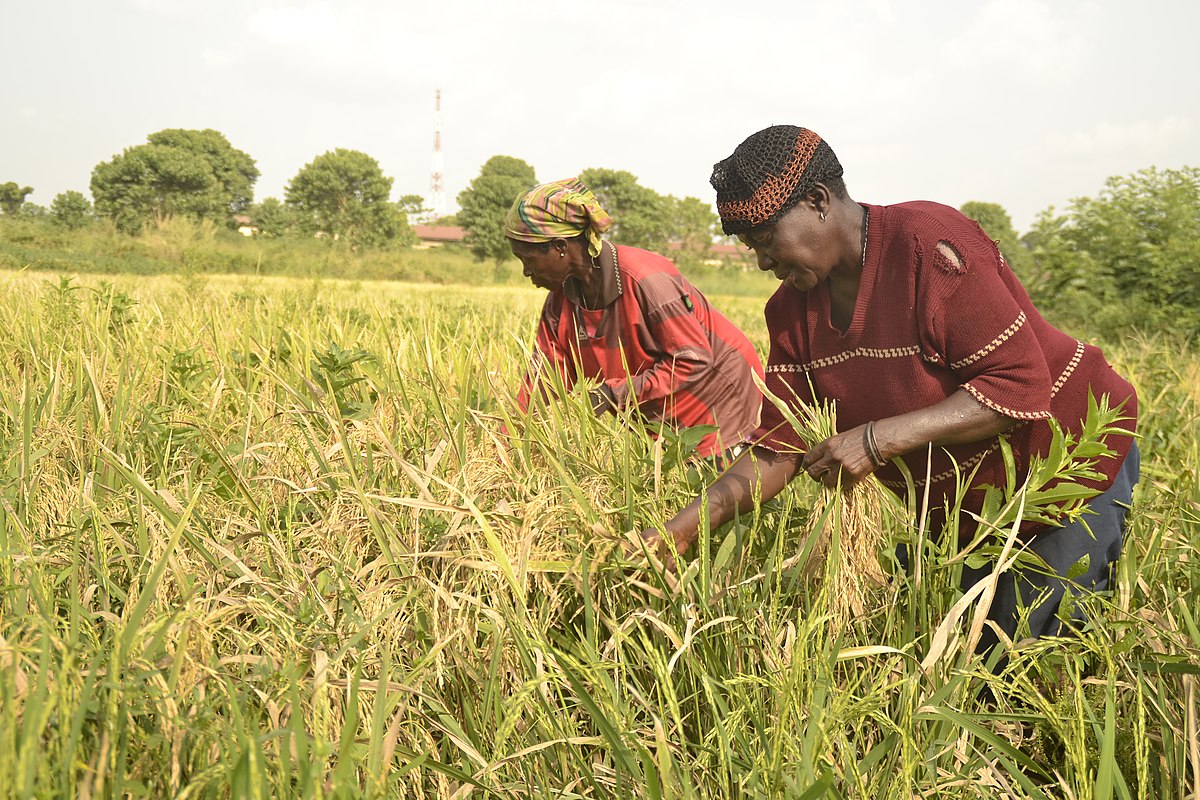Nigeria’s rice production has dropped to 8.3 million tonnes for the 2024/2025 cycle, down from 8.9 million tonnes the previous year, despite ongoing government efforts to boost agricultural output.
This decline has raised concerns as the Federal Government continues to implement interventions focused on improving food security and combating hunger nationwide.
Data from the United States Department of Agriculture, shows a downward trend in milled rice production.
According to the USDA, rice production increased by two million tonnes from the 2014/2015 planting season to the 2024/2025 season but declined by 600,000 tonnes compared to the 2023/2024 planting year.
Despite relatively stable production figures up to the 2023/2024 season, rice production has significantly dropped to 8.3 million tonnes in the latest cycle.
According to data from BudgIT’s accountability platform, GovSpend, the Office of the Accountant-General of the Federation paid the Rice Processors Association of Nigeria N76bn in March 2024 to supply rice as part of an emergency intervention aimed at addressing Nigeria’s ongoing food crisis.
Meanwhile, in 2024, the Minister of State for Agriculture and Food Security, Aliyu Abdullahi, reaffirmed the government’s commitment to tackling hunger.
He stressed that the Federal Government would leave no stone unturned in addressing the nation’s food security challenges.
Abdullahi also highlighted Nigeria’s agricultural successes, noting that the country became Africa’s largest rice producer in 2019, with a production of nine million metric tonnes.
However, the recent decline in output represents a setback to this achievement.
The government’s efforts include various funding programs and policy initiatives. For instance, in 2024, the government allocated N8.64bn to agricultural initiatives aimed at boosting food production, improving infrastructure, and supporting farmers, according to BudgIT data.
Despite these efforts, challenges persist, including food inflation, which currently stands at 39.93%, driving up the prices of basic food commodities and worsening food insecurity.
Economists and agricultural experts have identified several factors contributing to the production shortfall, such as smuggling, instability in local production, and inadequate infrastructure.









